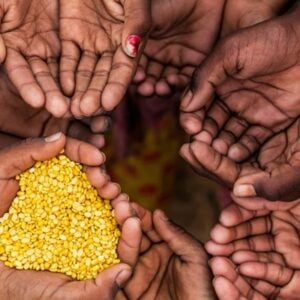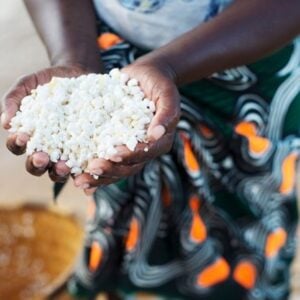The Asian Development Bank (ADB) has approved a $400 million loan to help the Philippines tackle hunger, food insecurity, and poor nutrition amid escalating climate and disaster risks. The funding will support the Reducing Food Insecurity and Undernutrition with Electronic Vouchers Project, which aims to expand the government’s flagship Walang Gutom (Zero Hunger) Food Stamp Program. Through this initiative, monthly electronic food vouchers will be provided to 750,000 food-insecure households nationwide.
With nearly half of the Philippine population unable to afford a healthy diet, these vouchers are critical for helping vulnerable households meet their nutritional needs. Poverty and food insecurity contribute to undernutrition, with almost 30% of Filipino children under five experiencing stunting, which negatively affects health, learning, and future productivity. Childhood undernutrition is estimated to cost the Philippine economy $8.5 billion annually, highlighting the urgent need for targeted, multisector solutions.
The Philippines’ vulnerability to natural disasters, including earthquakes, tropical cyclones, flooding, and landslides, further compounds the risks to food security and nutrition. Climate change is expected to intensify typhoons and other hazards, making timely and responsive social protection even more critical.
In addition to receiving electronic food vouchers, beneficiaries will participate in monthly sessions to promote positive nutrition-related behaviors and address knowledge gaps, aiming to reduce both malnutrition and poverty. The project also seeks to enhance government implementation capacity and strengthen systems for shock-responsive social protection, ensuring rapid assistance during disasters and economic shocks.
Cofinancing for the project comes from the Agence Française de Développement (AFD) with a loan of 200 million euros ($220 million) and the OPEC Fund for International Development with $150 million. ADB provided technical assistance to pilot electronic voucher delivery in five locations from December 2023 to July 2024 in partnership with the World Food Programme, and insights from the pilot informed the project design.
This initiative builds on ADB’s long-standing support for social protection in the Philippines, including over 15 years of assistance to the Pantawid Pamilyang Pilipino Program (4Ps), and draws on lessons from social protection projects in other countries, such as Mongolia’s Food Stamp Program. ADB continues to work with its members and partners to promote inclusive, resilient, and sustainable growth across Asia and the Pacific through innovative financial tools and strategic partnerships.







